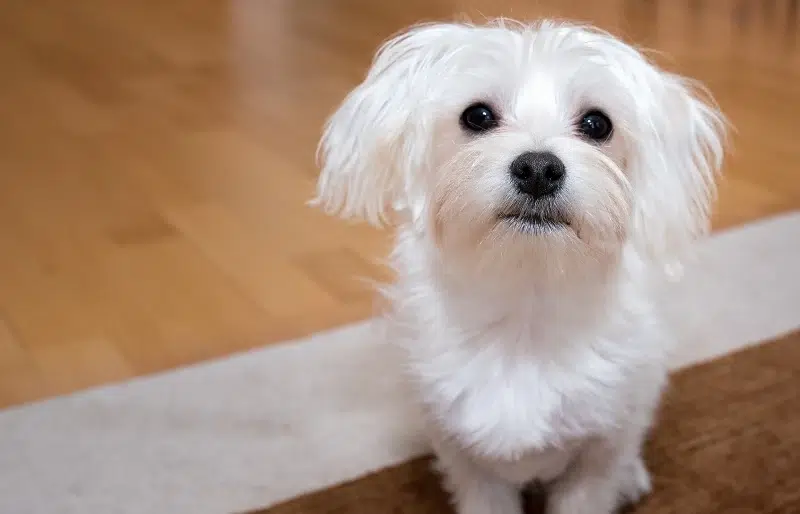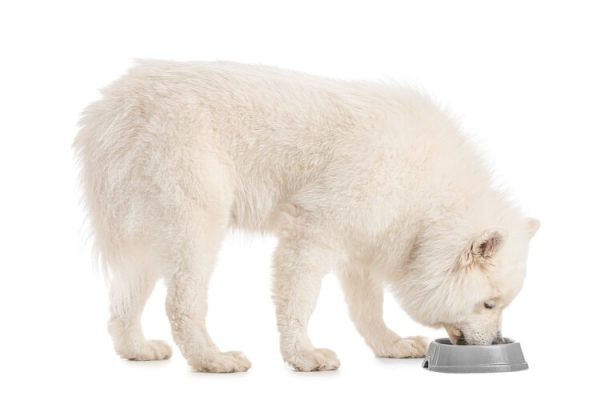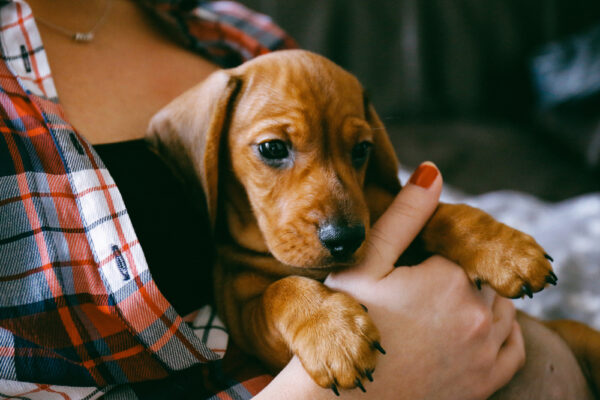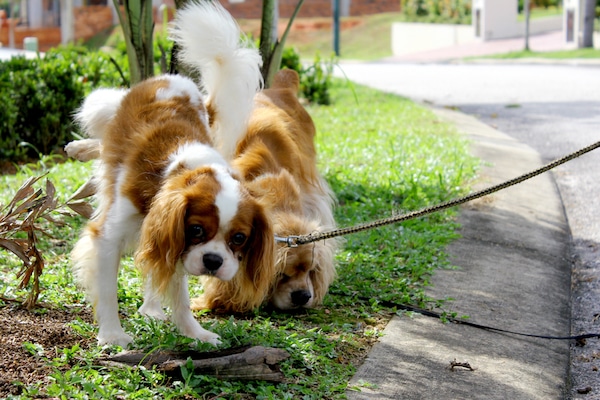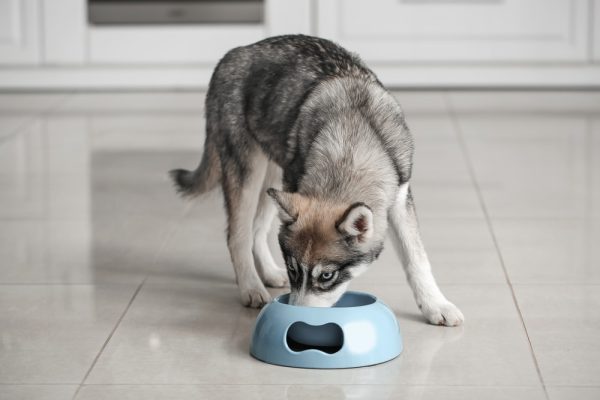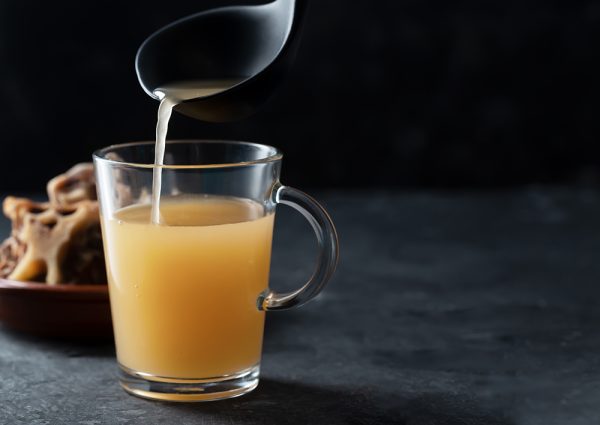In this article
As our lives become busier, pet owners are faced with an all-too-common dilemma: Can I leave my dog alone at home? With work, social obligations, and the general hustle and bustle of daily life, it’s essential to know whether your furry friend can handle being alone for extended periods. If you are wondering if a Maltese can be left alone at home, the answer is yes, you can leave your Maltese alone at home, though the duration varies on a number of factors. This comprehensive guide aims to address this question by covering all necessary aspects related to leaving your Maltese at home.

How Long Can a Maltese Stay Home Alone?
There isn’t a one-size-fits-all answer to this question, as every dog is different. However, there are general guidelines (which we’ll dive into shortly) that can help you gauge how long your Maltese can comfortably stay home alone.
However, the general guideline is that dogs shouldn’t be left home alone for more than 4 hours at a time as weaned puppies, and 8 hours at a time as well-adjusted adults. Unweaned puppies or dogs that have special needs (medical or otherwise) cannot be left alone for periods longer than those advised by your veterinarian on a case-by-case basis.
Leaving Your Maltese Alone
Before diving into the specifics, it’s crucial to understand the fundamental factors that contribute to a Maltese’s ability to stay home alone. These include the following:
- Their age
- Temperament
- Personality
- Health issues (if any)
Though the list above isn’t exhaustive, it does tend to cover most of the things you’d need to consider. We’ll explore how each of these factors influences your dog’s ability to be left alone.
Your Dog’s Age
If your Maltese is a puppy, they cannot be left alone for long periods of time. Puppies need more supervision, usually have to be fed more frequently, and need more time dedicated to their training. A puppy that isn’t weaned needs more frequent care than a puppy that is weaned, especially if the puppy in question is orphaned or needs special care.
A healthy adult Maltese that’s well adjusted to a routine and is home trained can be left alone for much longer periods of time than a puppy. Senior dogs who are healthy can generally be left alone as long as an adult, but those with special needs may not be agreeable to extended periods of being left alone.
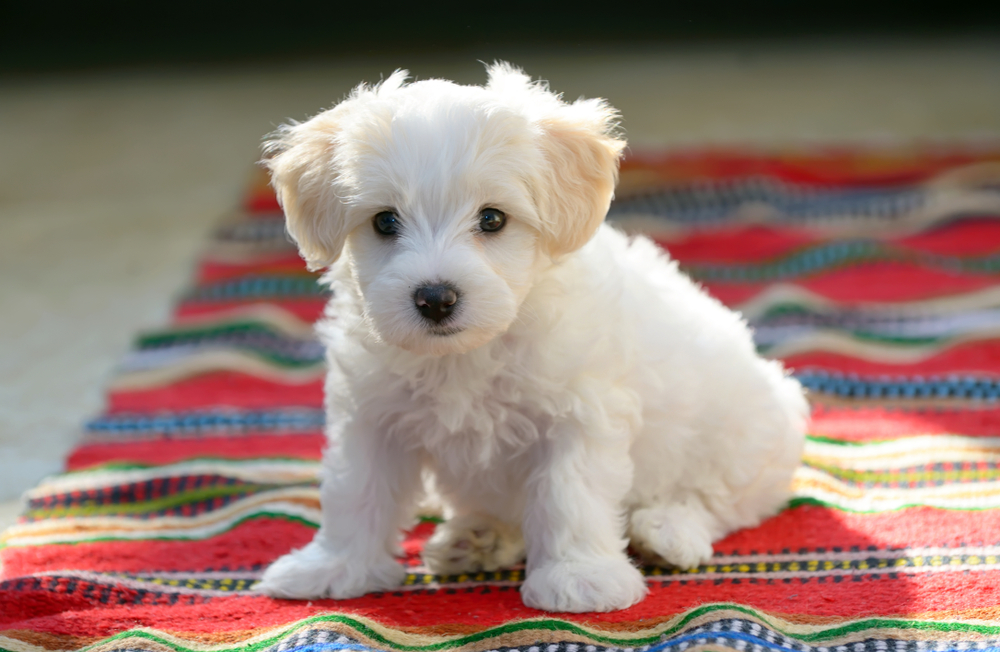
Your Dog’s Temperament
Though many people use the term temperament and personality interchangeably, they are in fact quite different. Your dog’s temperament is something that’s attributed to their biological traits and is not shaped by their experiences or training. Conversely, their personality can definitely be influenced by their experiences and the environment around them.
The Maltese temperament is described as “trusting, affectionately responsive, gentle mannered, lively, playful and vigorous. Fearless”1. These traits lean towards a dog that would likely depend on interacting with their owners, as elements of trust, playfulness, vigor, and liveliness definitely involve interactions with you. As such, it’s fair to assume that this breed likely wouldn’t take well to being left alone for prolonged periods.
Your Dog’s Personality
Your dog’s personality, as mentioned above, is shaped mostly by their training, experiences, and exposure to certain stimuli or environments. A dog that’s overly attached to you and used to a specific environment which involves your near-constant presence may react favorably to a circumstance where they suddenly have to deal with your absence.
Conversely, if your dog is used to interacting with different people (such as a dog sitter), is used to a routine which involves you leaving them to their own devices for certain hours each day, and doesn’t seem to be overly attached to you, then they’d likely handle periods of your absence better.
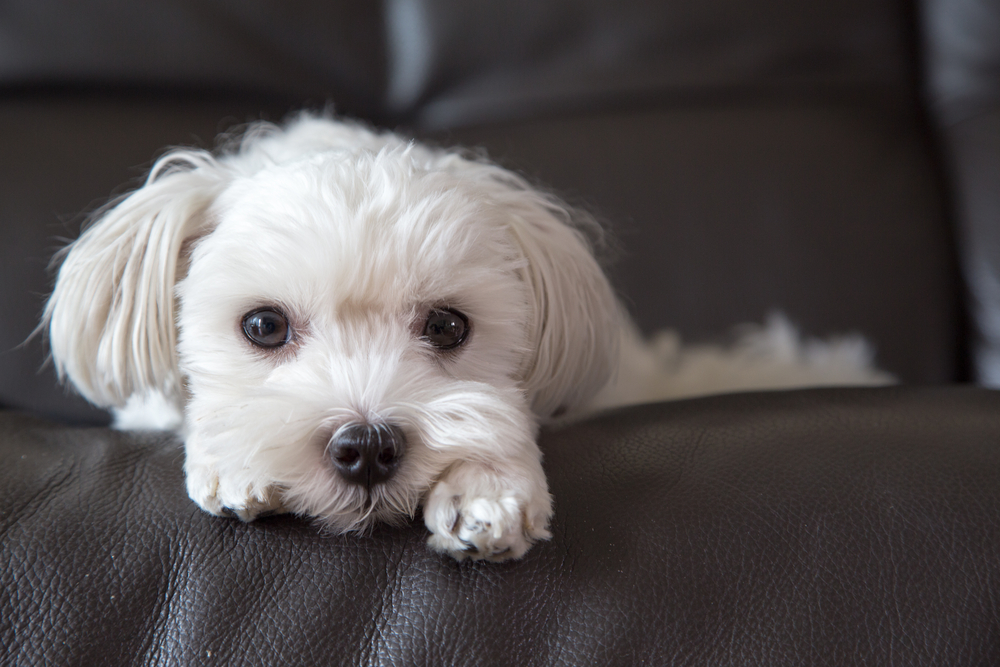
Your Dog’s Health Issues
Dogs with health issues cannot be left alone for periods as long as dogs without health issues. As such, if your dog needs medication on a schedule, requires monitoring (such as after a surgery), is unwell, or has any other ailment which warrants more attention from you, they should not be left alone for long periods of time.
Health issues also encompass issues involving your dog’s behavior – dogs with separation anxiety shouldn’t be forced to stay alone for long periods of time on a whim, as this can cause more harm than good and can definitely worsen their anxiety issues.

Preparing Your Maltese for Alone Time
The information in this section is only relevant for a healthy adult Maltese who is already well-adjusted to your home.
Helping your Maltese become comfortable with alone time requires patience and consistency. Even if your Maltese can handle being alone, it’s crucial to ensure they remain happy and engaged during their alone time. To keep your Maltese entertained when home alone, create a stimulating environment, provide toys and puzzles, and don’t feel guilty about leaving your dog in a crate if necessary (assuming they are crate trained).
Your dog may even be one that chooses to nap the whole time you’re gone, so if this is the case, you won’t have too much to worry about. However, make sure to take your dog out to potty before you leave, and provide them with access to water if you’re going to be gone for several hours.
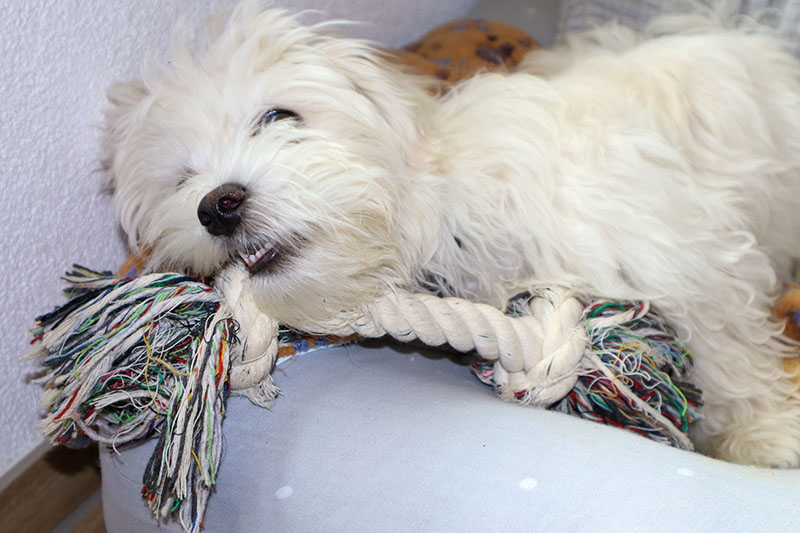

Frequently Asked Questions (FAQ)
How do I know if my Maltese is comfortable being left alone?
Observe your dog’s behavior when you leave (with a camera) and return home. If they remain calm, don’t engage in destructive behavior, and don’t show signs of distress, your Maltese may be comfortable being left alone.
Can I use a pet camera to monitor my Maltese while I’m away?
Yes, pet cameras can be an excellent way to keep an eye on your dog and provide peace of mind while you’re away. Some cameras even have two-way communication features, allowing you to interact with your dog remotely.
Is it okay to leave my Maltese in a crate while I’m away?
Crate training can provide a safe and comforting space for your Maltese while you’re away. Ensure the crate is large enough for your dog to stand up, turn around, and lie down comfortably, and provide soft bedding, water, and toys.
Can I hire a dog walker or pet sitter to help care for my Maltese when I’m not home?
Absolutely! Dog walkers and pet sitters can be an excellent resource for providing your Maltese with companionship, exercise, and mental stimulation while you’re away.
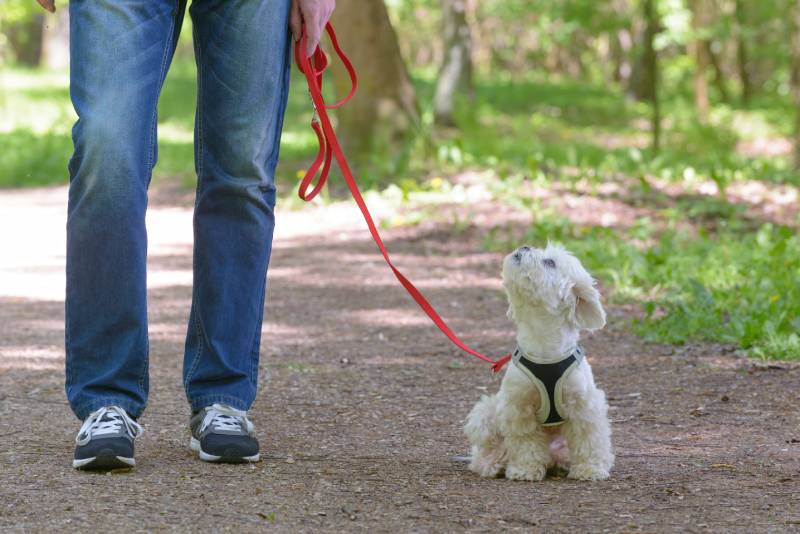
How can I make sure my Maltese gets enough exercise when I’m not home?
Schedule regular walks and playtime before and after you leave, and consider hiring a dog walker to provide additional exercise while you’re away.
How do I help my Maltese adjust when I know I’ll be leaving them alone regularly?
Establish a consistent routine, gradually introduce alone time, and provide plenty of mental and physical stimulation. This will help your Maltese adjust to their new environment and feel more comfortable when left alone.
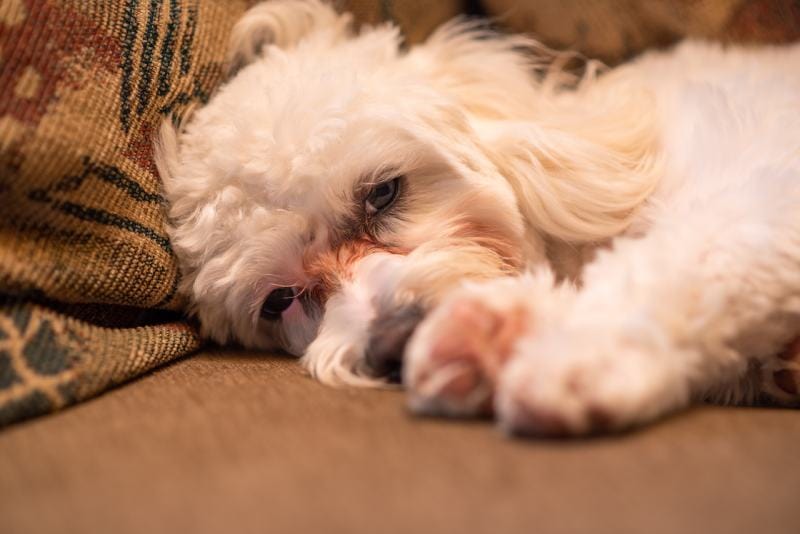
Is it essential to puppy-proof my home before leaving my Maltese puppy alone?
Yes, puppy-proofing your home is crucial to ensure your Maltese’s safety and prevent accidents. Remove potential hazards, secure loose wires, and provide a safe and comfortable space for your puppy to explore.
How can I help my Maltese cope with separation anxiety?
Consult with a veterinarian or professional dog trainer for guidance on appropriate treatment and management strategies. Gradual desensitization, consistent routines, and positive reinforcement can help alleviate separation anxiety in your Maltese.
Did you know you can speak to a veterinarian without having to travel? Just head over to PangoVet. It's our online service where you can talk to a vet online and get the advice you need for your pet — all at an affordable price!


Conclusion
By considering all of these aspects, you’ll be well-equipped to make an informed decision about leaving your Maltese alone at home. With proper preparation, understanding, and attention to your dog’s needs, you can ensure their happiness and well-being even when you can’t be by their side.
See also:
- How Much Does a Maltese Smell? Breed Facts & Care Tips
- Should I Train My Dog Myself or Hire a Dog Trainer? Vet-Reviewed Pros & Cons
Featured Image Credit: Pezibear, Pixabay

